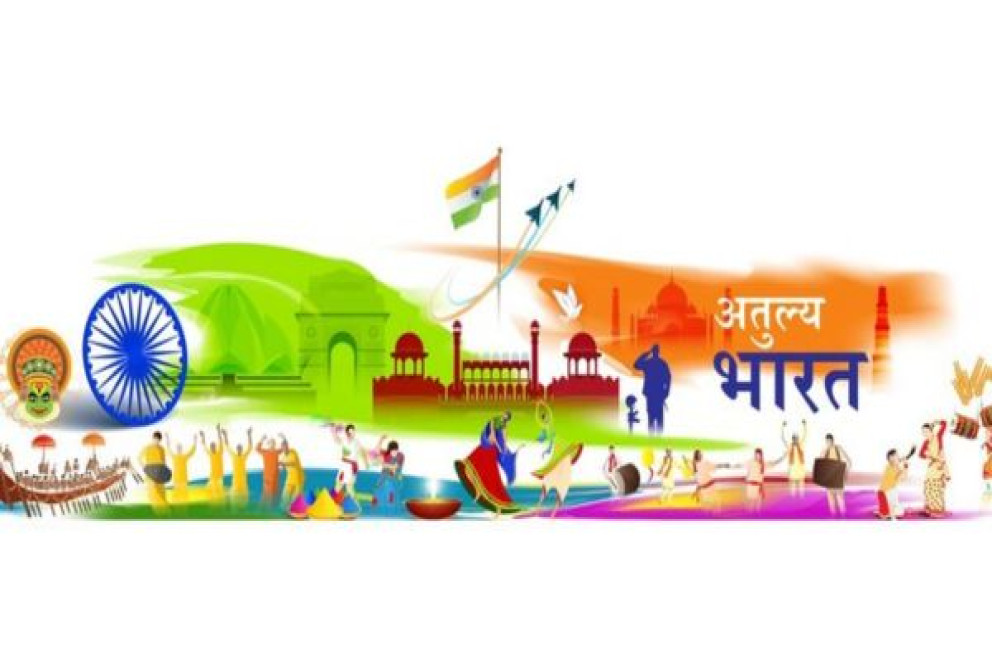Blog Details

Shaping the Future of Tourism: Indian Ministry of Tourism’s New Initiatives
As India celebrates World Tourism Day 2024, the Ministry of Tourism (MoT) is gearing up to introduce a host of forward-looking initiatives aimed at reinvigorating the nation’s tourism industry. Mugdha Sinha, Director General of Tourism, Government of India, shared insights on the upcoming developments, which emphasize collaboration, innovation, and skill development to elevate both domestic and international tourism.Revamped Incredible India Portal
One of the key highlights is the launch of the newly revamped Incredible India portal. This platform will now serve as a comprehensive tool for travel planning, offering over 4,500 high-quality photos, videos, and informational resources. These materials are available for free download, making it easier for tourists and travel industry professionals to access and utilize valuable content. Sinha described the portal as “the grand dame of aggregators,” simplifying the booking process and enhancing itinerary creation. A unique feature of the revamped portal is its user-generated travel diaries, which provide authentic testimonials and personalized itinerary suggestions from travelers, adding an interactive and engaging dimension to the platform.
Capacity Building in the Hospitality Sector
The Ministry of Tourism is also focusing on strengthening India’s hospitality sector. As part of this effort, 57 Institutes of Hotel Management (IHMs) have signed Memorandums of Understanding (MoUs) with international hotel chains such as IHG, Radisson, Marriott, The Lalit, and Lemon Tree. These partnerships will co-brand the IHMs and introduce a globally benchmarked curriculum. According to Sinha, this move will equip students with world-class hospitality skills, ensuring they are well-prepared to meet the demands of the global tourism market.
In addition, the MoT has expanded its capacity-building pilot program, which was initially launched in six key destinations. This initiative will now be extended to 50 locations across India, further promoting the ethos of “Atithi Devo Bhava” (Guest is God) in the hospitality industry. The program aims to instill high standards of hospitality across more regions, thereby enhancing the overall visitor experience.
Rural and Responsible Tourism
A significant focus of the Ministry’s new initiatives is on promoting rural, responsible, and community-led tourism. Sinha announced that the winners of the Rural Tourism initiative will be unveiled in eight categories, highlighting the Ministry’s commitment to sustainable tourism and inclusive growth. These efforts are designed to empower local communities, giving them an active role in tourism-related activities, which in turn fosters economic growth in rural areas while preserving cultural heritage.
Strengthening Inter-Ministerial Cooperation
This year’s World Tourism Day also marks a renewed focus on inter-ministerial cooperation. The Ministry of Tourism has partnered with the Ministries of Civil Aviation and Railways to take a unified approach to boosting tourism infrastructure. By collaborating with these key infrastructure ministries, the MoT aims to implement a destination-production-driven tourism strategy that will streamline and enhance the travel experience across India.
World Tourism Day: A Brief History
First celebrated in 1980, World Tourism Day commemorates the founding of the United Nations World Tourism Organization (UNWTO) in 1975. This annual event underscores the importance of tourism in driving global socio-economic development, promoting cross-cultural exchange, and fostering economic growth. With the goal of utilizing tourism as a tool for sustainable development and poverty alleviation, the UNWTO designated September 27 as World Tourism Day.
This year’s theme, “Tourism and Peace,” encourages the global tourism community to reflect on how travel can promote peace, mutual understanding, and sustainability. By integrating tourism into broader development agendas, nations can unlock new avenues for economic and social progress. India, with its innovative tourism policies and initiatives, continues to lead by example in leveraging tourism for both economic and cultural enrichment.
Source: Travel And Tour World



